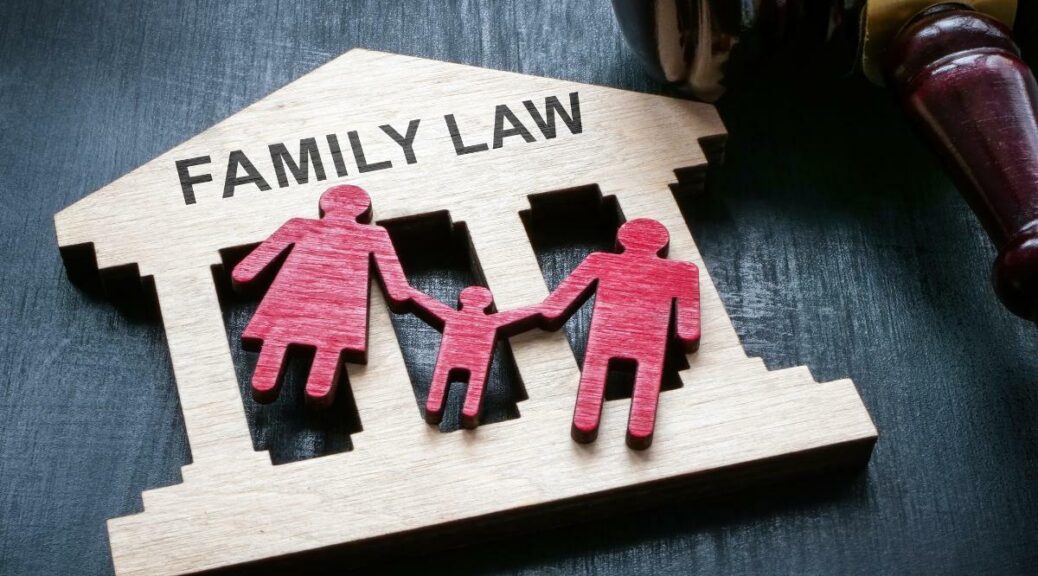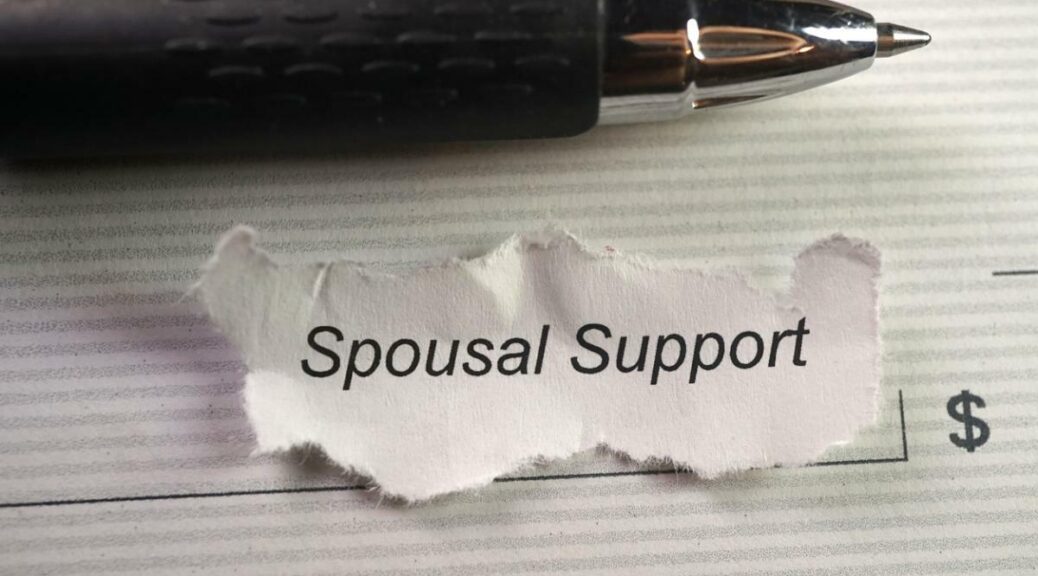In California, joint legal custody is an important aspect of family law, particularly in cases of divorce or separation involving children. CA Certified Family Law Specialist Judy L. Burger wants parents to understand how joint legal custody works so they can make informed decisions about their rights and responsibilities regarding their children’s upbringing.
What is Joint Legal Custody?
The Superior Court of California in San Diego County states, “Joint legal custody means that both parents will share the right and the responsibility to make the decisions relating to the health, education, and welfare of the child.”
This includes decisions about education, health care, religious upbringing, and general well-being. In this arrangement, both parents stay actively involved in their child’s life, even if the child primarily resides with one parent.
The Legal Framework in California
California family law encourages shared parenting and recognizes the importance of both parents in a child’s life. The state typically prefers joint legal custody arrangements unless evidence indicates that one parent is unfit or that joint custody is not in the child’s best interest. Some common joint legal custody arrangements include:
- Joint legal custody, but primary physical custody is given to one parent, and the non-custodial parent has parenting time on alternate weekends.
- Joint legal custody and shared physical custody. Both parents alternate days of the week and weekends with the child.
- Joint legal and joint physical custody, and the parents alternate week on, week off. This tends to work better for older children as they do not see the other parent for a whole week.
An experienced California Child Custody Lawyer like Judy Burger can help parents create the best parenting plan possible that reflects joint legal custody and shared physical custody responsibilities.
Key Aspects of Joint Legal Custody
Understanding joint legal custody requires addressing and embracing some critical factors.
- Decision-Making Authority: Joint legal custody allows both parents to have a say in significant decisions. This means both parents must communicate and collaborate on schooling choices, medical treatments, and extracurricular activities.
- Communication is Essential: Communication between parents is crucial for a successful joint legal custody arrangement. Regular discussions and updates about the child’s development and needs can help avoid conflicts.
- Best Interest of the Child: California courts prioritize the child’s best interest when determining custody arrangements. Factors considered include the child’s age, health, emotional ties to each parent, and the parents’ ability to cooperate in raising the child.
- Modification of Custody Arrangements: Circumstances can change, and sometimes a modification of custody arrangements is necessary. If one parent believes the joint custody setup no longer serves the child’s best interests, they can petition the court for a review.
Navigating Challenges
Married spouses have joint custody of their children under the law until a court-ordered custody order is in effect. Unmarried mothers have sole physical custody of their children until the father legally establishes paternity. Court-issued custody orders grant certain rights according to the circumstances.
While joint legal custody has many benefits, it can also present challenges, particularly if parents have a contentious relationship. Disagreements may arise about crucial decisions, and handling these disputes constructively is vital. Certified CA Family Law Specialist Judy Burger can help facilitate communication and negotiations between parents, aiming for solutions prioritizing the child’s needs.
CA Child Custody Attorney
Joint legal custody in California fosters a collaborative approach to parenting after separation or divorce. By ensuring both parents remain involved in their child’s upbringing, it provides stability and continuity in the child’s life. Understanding the intricacies of joint legal custody can empower parents to work together, ultimately benefiting their child’s overall well-being.
If you’re navigating custody issues, seek legal advice from CA Child Custody Attorney Judy L. Burger to ensure that your rights and those of your child are fully protected. Contact one of our eight California offices directly by phone or request a consultation by completing the contact form.











